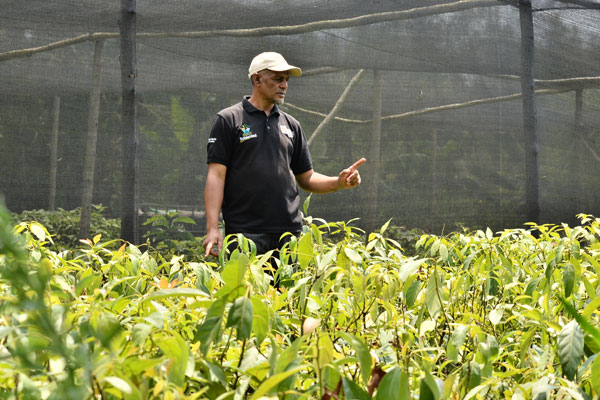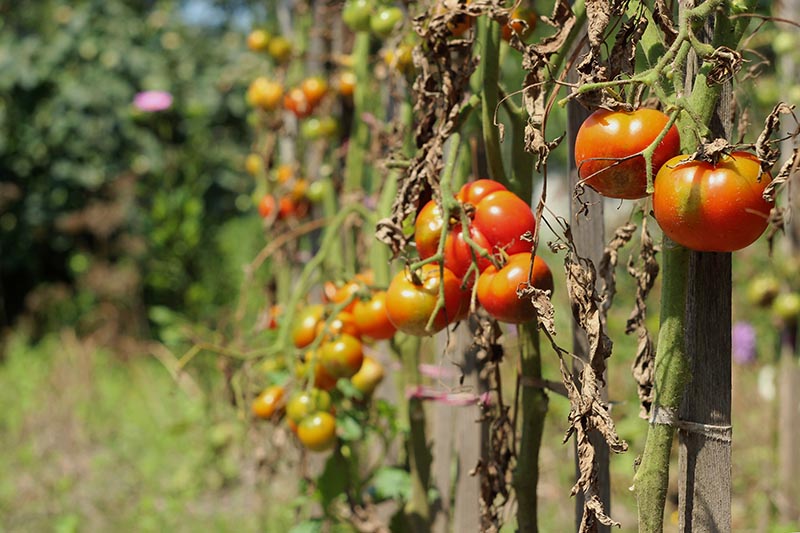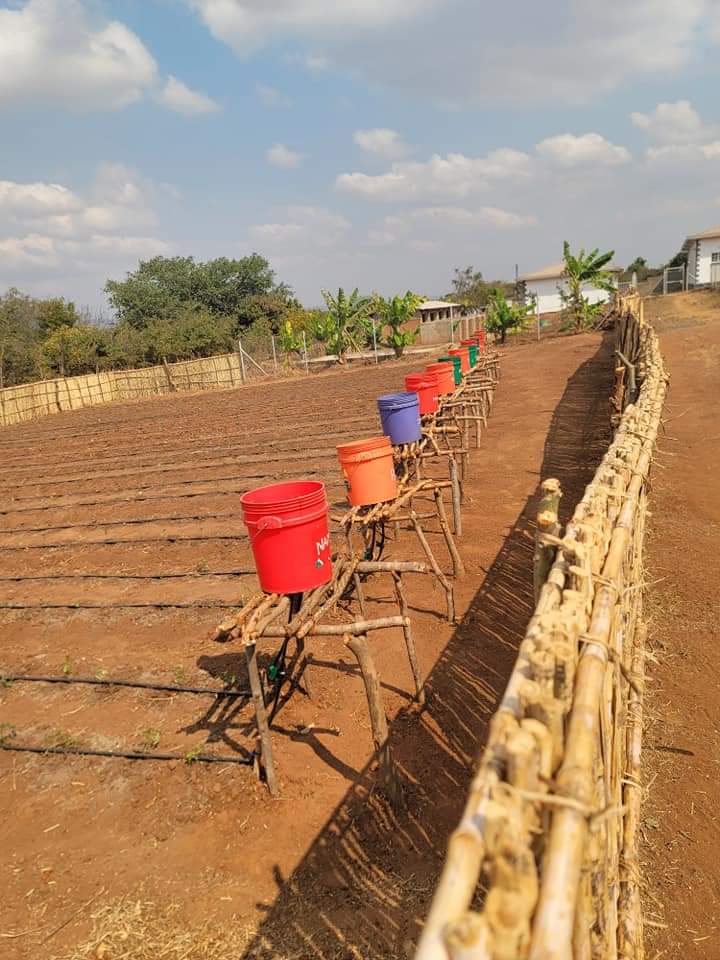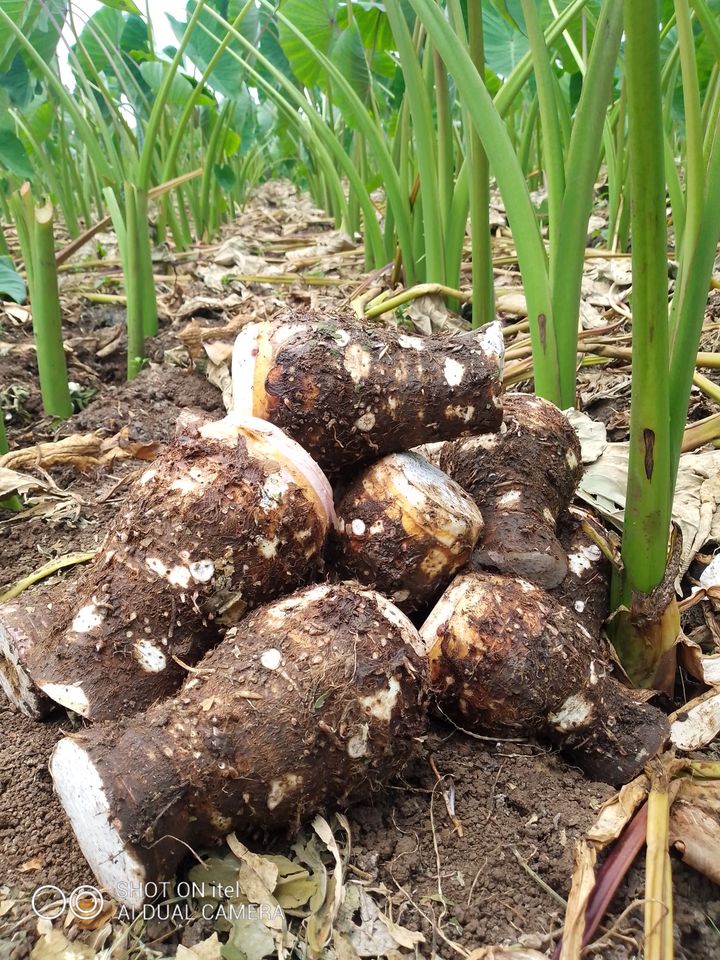Karama is the managing director of Sulma Foods that sells organic dried and fresh products to the Middle East, especially Doha in Qatar and Muscat in Oman as well as Japan.
He has an agricultural background as his father used to work in the ministry of Agriculture in the 1960s as an extension worker.
“I used to move with him to the District Farm Institutes (now Naro stations). That is when I started appreciating agriculture as the future,” says Karama.
After university where he graduated in marketing, he started a company dealing in agricultural produce.
But he foresaw the future in agriculture. When he left that company, he started Sulma Foods in 2001 mainly dealing in pineapples. They now grow numerous crops, with pineapples as a prime export crop. In Japan, for instance, Sulma Foods exports dried pineapples, sweet potatoes, avocado, bananas and jackfruit.

Starting
For the last 15 years, Sulma Foods has been obtaining avocados from homesteads. Karim says that it is in the past five years that people have realised the economic potential of avocados and established orchards. Previously, he says most families had two to three plants for home consumption. It was an issue of lack of information about the markets and the potential of avocados.
He explains that organic food exports offer the perfect opportunity for export-led businesses.
By 2017, it was estimated that organic agriculture contributes approximately 17.1 percent of the value of agricultural exports per annum to Uganda.
“The market for these products is available. Whatever we can produce can be sold as long as it is of the right quality and desired quantity,” he says.
He explains that organic production in Uganda remains a big challenge as most farmers prefer to use chemicals but he says that farmers with an entrepreneurial mind are presented with an opportunity to tap into the export market.
He says that there are still negative aspects of organic farming with the biggest challenge being pesticides. But for Karama, all it takes is mastering organic production.
“When you master organic farming, it becomes cheaper because all the inputs are on the farm,” he says.
Establishing the business
Karama founded Sulma Foods in 2015. The company, which has evolved into an agricultural centre, is located at Lwogi on the dusty Kasana-Kikyusa Road in Luweero District. The farm sits on 20 acres but to get its supplies, it works with about 15 certified farmers.
At first, the farm produced most of its crops but was advised to work with outgrowers from the area.
Luweero District is regarded as the pineapple hub in Uganda. Most of the low-input organic pineapples are grown in Luweero as well as Kayunga, Iganga, Tororo and Kamuli districts.
Market
To help get the business off the ground, Karama started supplying processed food products to local supermarkets such as Uchumi, and Nakumatt (both defunct) while exporting the rest to Europe and the Middle East.
About five years ago, he decided to set up a demonstration farm and planted a mother garden for hass avocado on about three acres where farmers can get planting materials.
At the farm, purely organic practices such as eco-management, soil management, mulching and use of botanical herbicides is conducted.
“Most of our inputs are done on the farm. To most farmers, the biggest challenge to organic farming is how to manage pests and diseases,” he says.
How he keeps it organic
He uses for instance, a mixture of garlic and onions, which are rich in Sulphur, as a natural substitute for chemical fungicides. But they have not escaped the challenges of climate change in production. Karama observes that whereas February was supposed to be hot, they are getting rains which affects the farm operations.

Value addition
Godfrey Bogere, an administrator at the farm who conducts the tours of the processing factory explains that they employed more than 20 people before the Covid-19 outbreak. But now they have four permanent staff and three casual labourers.
The company uses state-of-the-art dryers to boost post-harvest handling. At the factory, the pineapples are first sliced and left to dry before they can be packed and sold. The smallest packet of dried pineapples goes for Shs5,000.
“To meet export markets, we had to invest in mechanisation. We had to be as efficient in order to be competitive in the market,” says Bogere.
Although he does not divulge details of their export capacity, Karama explains that they have more demand for organic produce from Uganda.
The company’s credibility has been boosted by the acquisition of CERES certification which implies they meet manufacturing standards for European Union market.
Export
They have purchasing agreements with farmers, committed buyers in the Middle East and Japan. Karama says that the good thing with the export market is that it is well structured which limits shocks to the production and supply chain.
“The export market is well designed compared to the local market, which enables exporters to work backwards and organise the chain. This is difficult to do for the local market,” he says, adding that there is a gap on labelling products and their source.
He says, for instance, pineapples from Luweero have a different taste from those grown in the Bussi Islands. “As a country we need to educate our consumers on organic products. People have not understood the concept. They must appreciate organic produce. The product source could help consumers know where their product originates from. Most consumers in Uganda have no idea about the origin of what they consume. We want them to be able to know what date your produce was processed and be able to learn about the story of the farmer who grew them,” explains Karama.
He reveals that 60 percent of Sulma’s revenue comes from dried pineapples but of late hass avocados is growing in demand and revenue earnings.
Agro-tourism
Sulma Foods began dealing in agri-tourism for sustainability through a collaboration with agricultural-based companies.
Karama says that there are many foreign tourists who want to understand how African foods are grown and prepared.
“We want to give them such an experience by taking them through the ploughing stage, harvesting and other farm activities.
He plans to go big on agrotourism saying “We are going to mix farming with entertainment.” He wants to establish his company as a tourist destination with cottages in the orchard, hiking on the farm, farm stays, farm tours and bicycle riding activities.
“The future is bright for agriculture. We have started spicing up agriculture. It is not the traditional form that our parents used to have. We have now gone into agrotourism where we are driving towards,” Karam a says.
Challenges
The export market is highly affected by the high costs of air flights out of Entebbe Airport. Karama says they are not competitive. A kilogramme of agricultural products is charged $3 (about Shs10,000).
Packaging is an important aspect of exports in accordance with international standards. To some extent, packaging helps in longer shelf life to provide customers variety and choice. Karim explains that in order to achieve such objectives, they require capacity building.
“We would love to see organisations come on board to help us with agricultural extension. Training of extension workers or farm workers is important but also are incentives in packaging and export,” he says.




